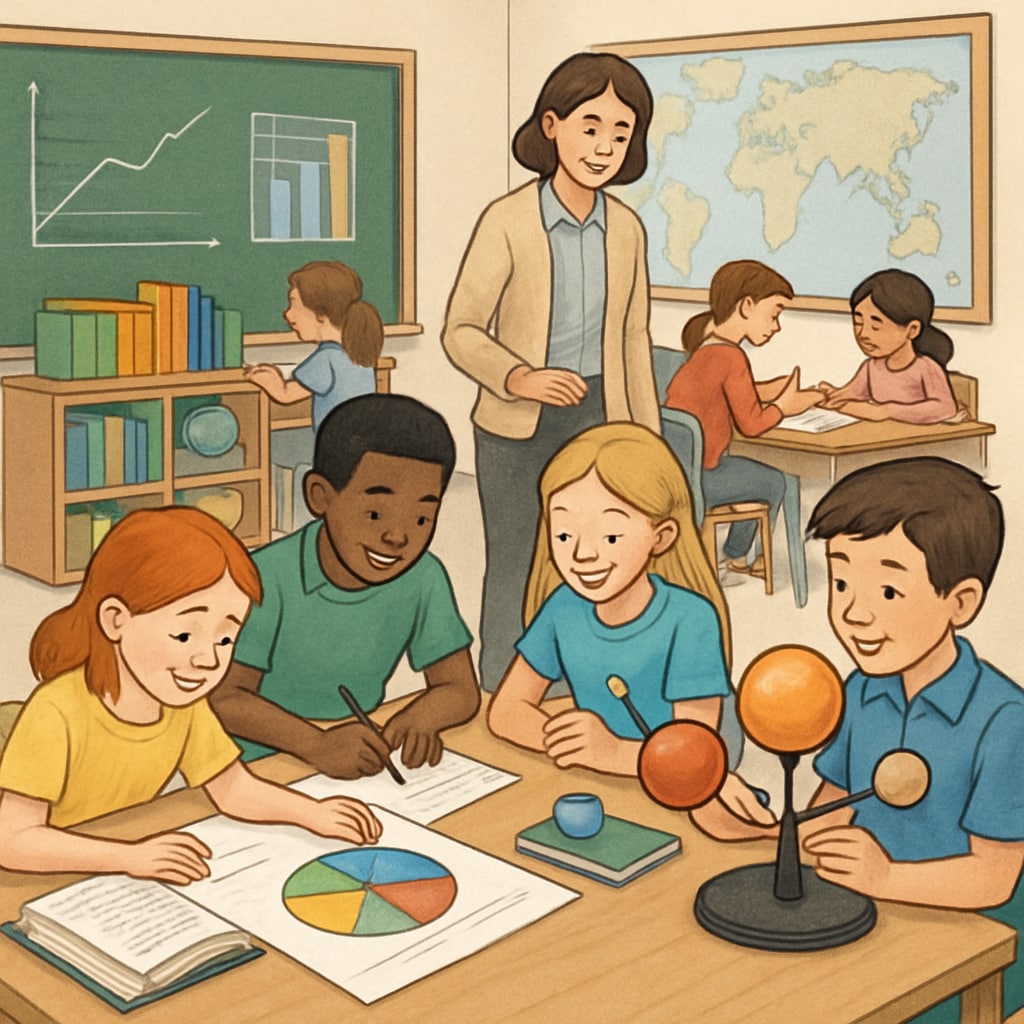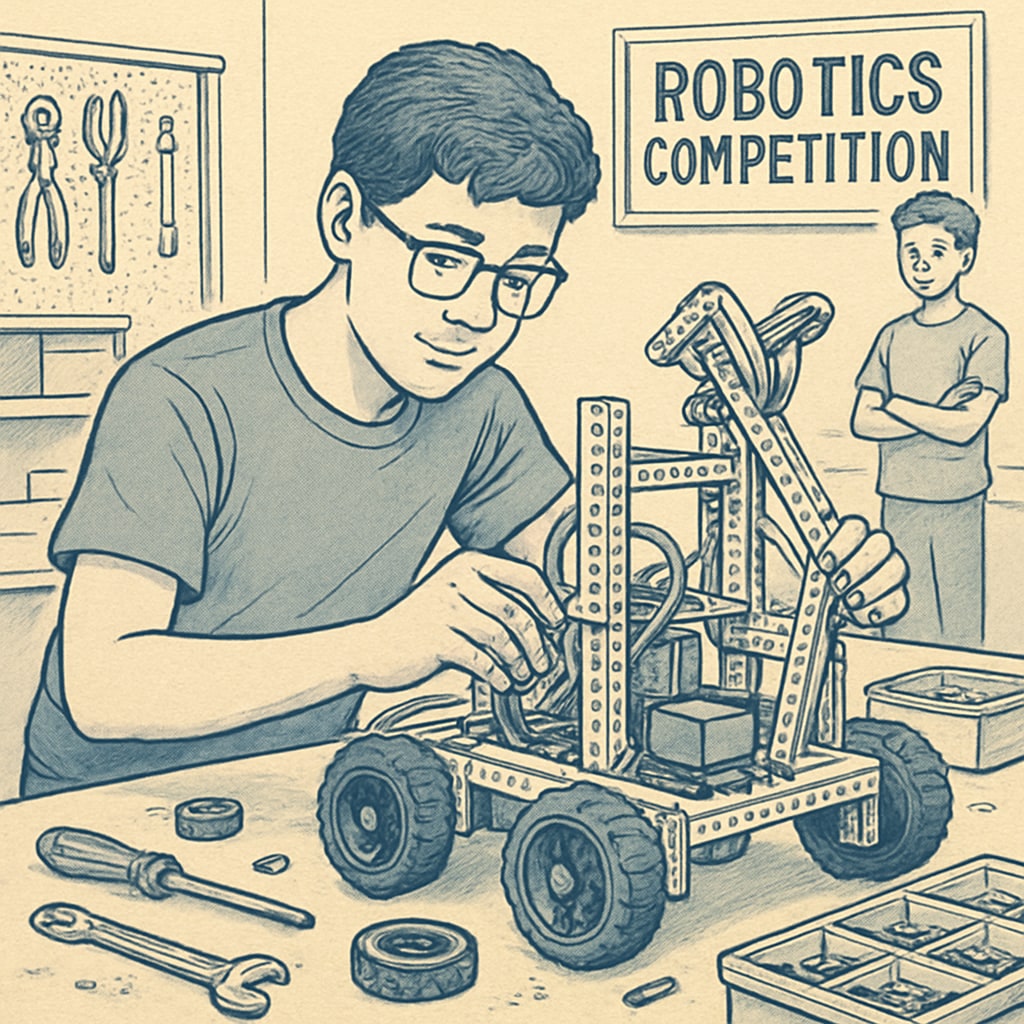Struggles with learning motivation, professional interests, and academic setbacks are common among university students today. Many find themselves questioning their academic paths, feeling disconnected from their chosen fields, or battling a lack of drive to succeed. These issues often originate not within the university but earlier, during the K12 education phase, where adequate career planning and interest development are frequently neglected. This article explores how early education can establish a solid foundation for students to pursue clear academic and professional goals.
Understanding the Root Causes of Learning Motivation Challenges
Learning motivation is a critical factor for academic success. Yet, many university students struggle to maintain consistent motivation due to misaligned interests or unclear career goals. For example, students who select majors based on external pressures—such as family expectations or societal trends—often experience disinterest and burnout. As a result, academic setbacks become more frequent.
One key issue lies in the K12 education system, which often prioritizes standardized testing over individualized interest cultivation. Without opportunities to explore personal interests or strengths, students enter university with limited self-awareness about their passions and abilities. According to data from Wikipedia’s education section, this lack of early career exploration contributes significantly to mismatched professional choices later.

Professional Interests: Building the Bridge Between Passion and Career
Choosing a university major is one of the most defining decisions for a student’s career trajectory. However, when students lack exposure to diverse fields during their K12 years, they may struggle to identify what truly excites them. Early exposure to various disciplines and industries can play a vital role in building professional interests.
To address this, educators and parents can implement a “three-pillar model”: interest, ability, and goals. This model encourages students to explore their passions, assess their skills, and align these attributes with future career opportunities. Programs such as internships, mentorships, and extracurricular activities during high school allow students to gain practical insights into potential career paths. For example, Britannica’s education page highlights how project-based learning fosters critical thinking and curiosity, essential for long-term professional interest development.

Academic Setbacks: A Symptom of Poor Career Alignment
Academic setbacks often stem from poor alignment between a student’s chosen field and their genuine interests or strengths. When students feel disconnected from their studies, their performance naturally declines. This disconnection is frequently rooted in inadequate career planning during earlier educational stages.
To mitigate academic setbacks, schools can introduce career counseling sessions and workshops as early as middle school. These initiatives can help students articulate their interests and set realistic career goals. Additionally, integrating personalized learning plans tailored to each student’s strengths ensures that their educational journey aligns closely with their aspirations.
For example, a student with an interest in creative arts may benefit from electives in graphic design or theater during high school, rather than being pushed toward purely academic subjects. Such tailored approaches reduce the risk of misaligned career choices and increase academic engagement.
Conclusion: Shaping a Brighter Academic Future
Addressing challenges like learning motivation, professional interests, and academic setbacks requires a proactive approach, starting with K12 education. By fostering interest development, aligning abilities with goals, and encouraging career exploration, educators and parents can help students build a solid foundation for their university journey and beyond. Early interventions not only reduce the likelihood of academic struggles but also empower students to pursue fulfilling careers aligned with their passions.
As a society, we must prioritize individualized education models that promote self-awareness and career readiness. By doing so, we can ensure that the next generation enters university equipped with the tools to succeed academically and professionally.
Readability guidance: This article uses short paragraphs, lists where applicable, and maintains a balance of active voice and transitional phrases for clarity. It avoids excessive academic jargon, ensuring accessibility for a broad audience.


